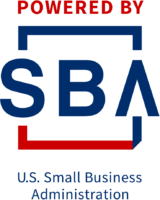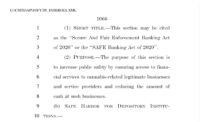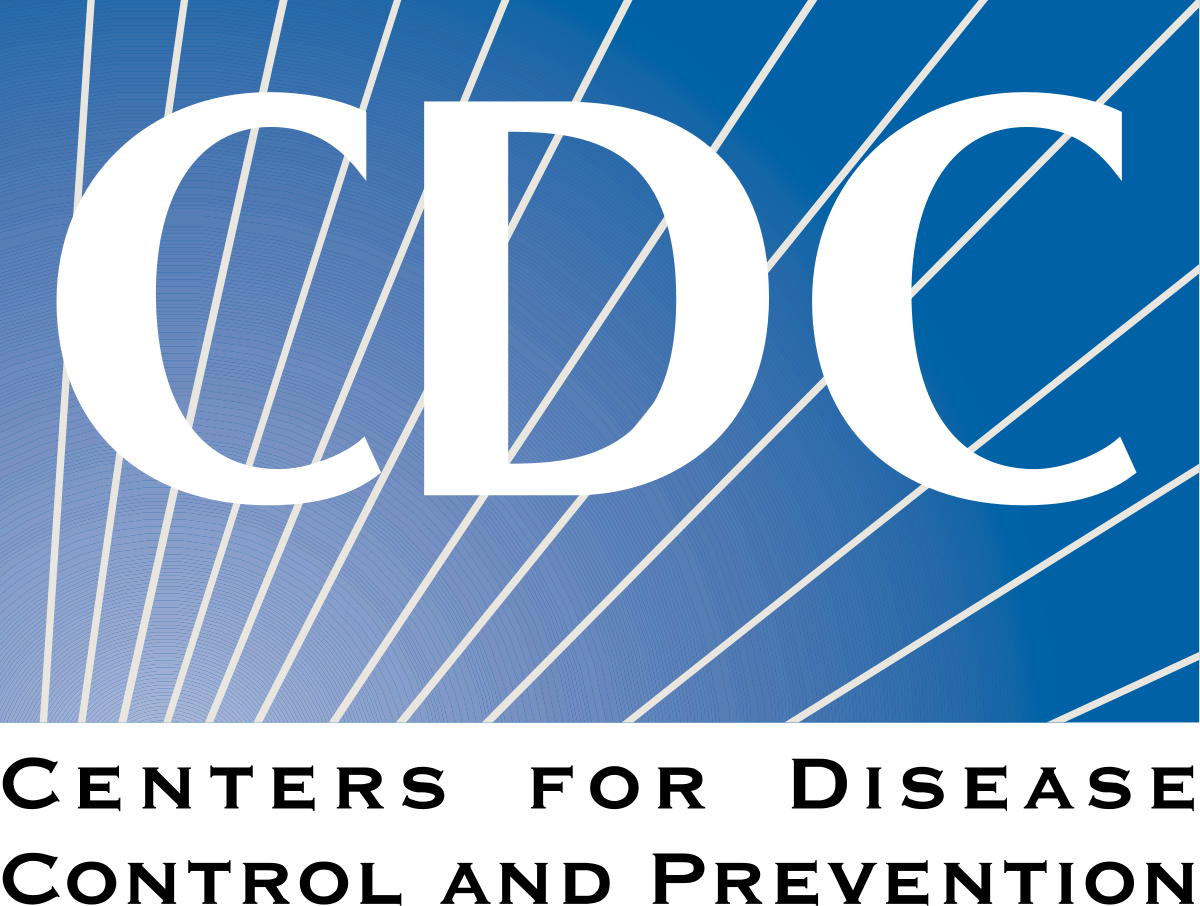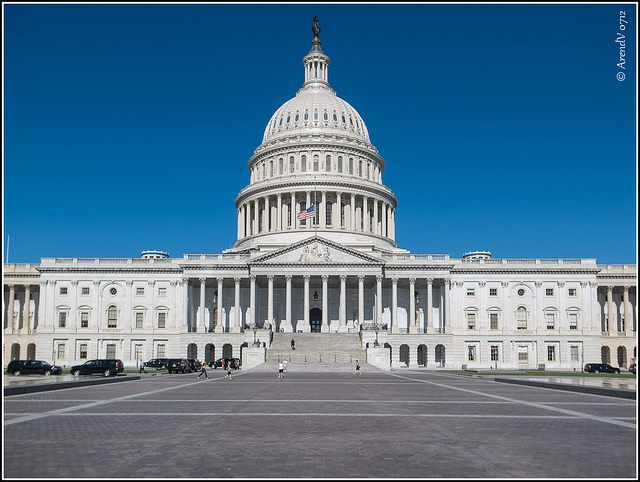Under current federal law, financial institutions are extremely limited in the services and resources that they can offer to cannabis companies. Without access to traditional financing, cannabis companies have been forced to turn to outside investments to finance their operations. The private equity approach can be a “dank” opportunity for cannabis companies; however, these companies should be cognizant of the securities laws implications that are present with this type of business structure. The focus of most cannabis companies when forming their business is compliance with the regulatory scheme of their jurisdiction as it relates to the operation of a cannabis business. While compliance with these laws is important, it is also important that these companies ensure that they are compliant with the Securities Act of 1933 (the Securities Act) before accepting investments from outside sources.
Securities Act Application
Oftentimes, smaller companies don’t realize that they are subject to the Securities Act. However, the definition of a “security” under the Securities Act is very broad1 and under S.E.C. v. W.J. Howey Co., an investment in a common enterprise, such as a partnership or limited liability company, where the investor expects to earn profits from the efforts of others is considered a “security” and thus, subject to the rigorous requirements of the Securities Act.2 In general, all companies offering securities within the United States are required to register those securities with the Securities and Exchange Commission (SEC) unless a registration exemption is available.3 A company can register its securities (i.e., its ownership interests offered to investors) with the SEC by filing a Registration Statement. These statements generally offer investors certain information about the company in order to enable investors to be able to make an informed decision about their investment. Filing a Registration Statement can be both time-consuming and costly, and most companies want to avoid filing one if they can. Luckily, the Securities Act offers certain exemptions from registration requirements to companies who meet certain standards.4 While there are numerous exemptions from securities registration, the most common exemptions used are the Regulation D5 exemptions, which provides three different exemptions based on the size of the offering and the sophistication of the investors, and the Rule 1476 Intrastate exemption.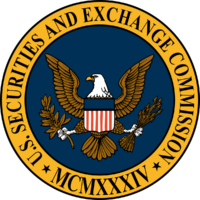
Regulation D Exemptions
Rule 504-Limited Offerings
Rule 504, often called the “Limited Offering” exemption, provides an exemption from securities registration for companies who limit the offer and sale of their securities to no more than $5,000,000 in a twelve-month period.7 Unlike the other Regulation D exemptions, which are discussed in further detail below, the Limited Offering exemption does not have any limitations on the level of sophistication or number of investors.8 This means that companies who rely on this exemption do not have to verify the net worth or income of their investors or limit the number of investors in the company. Like all Regulation D exemptions, companies relying on the Limited Offering exemption are required to file a “Form D” with the SEC within 15 days of the first securities sale.9 A Form D is a relatively simple form which provides basic information about a company to the SEC, including the registration exemption that is being relied upon. A copy of Form D can be found here.
Rule 506(b)
The “Private Offering” exemption can be found at Rule 506(b) of Regulation D.10 This exemption is commonly used for larger investment offerings with varying levels of investor sophistication. The Private Offering exemption can be used for investment offerings of any size so long as the company: (1) does not use general solicitation or advertising, such as newspaper articles or seminars, to attract investors; and (2) limits the number of “non-accredited investors” to no more than 35.11 “Accredited investors” are those investors whom the Securities Act deems sophisticated enough to properly weigh the risk of their investment in the company. In order to qualify as an accredited investor, the investor must:
- Have an individual income of more than $200,000 in the past two years
- Have a joint income with their spouse of more than $300,000 in the past two years
- Have an individual net worth, or joint net worth with their spouse, in excess of $1,000,000 or:
- Be a director, executive officer or manager of the Company.12
If the investor is a corporation, partnership, limited liability company or other non-trust entity, then to qualify as an accredited investor, it must either have assets in excess of $5,000,000 or each of its equity owners must meet one of the requirements for individuals listed above.13 If the investor is a trust, then the trust must: (1) have total assets in excess of $5,000,000 and the investment decision must be made by a “sophisticated person” (i.e., the person who is making the investment decision has such knowledge and experience in financial and business matters that he or she is capable of evaluating the merits and risks of an investment in the company); (2) have a trustee making the investment decision that is a bank or other financial institution; or (3) be revocable at any time and the grantor(s) of the trust must meet one of the requirements for individuals listed above.14
 The Private Offering exemption allows a company to have an unlimited number of accredited investors, but only up to 35 non-accredited investors. However, companies should be very cautious of allowing non-accredited investors to invest in the company. The Securities Act requires that companies make extensive disclosures to non-accredited investors which are essentially the same requirements as the company would have to provide in a registered security offering. These requirements include providing investors with financial statements, operations plan, detailed descriptions of the company’s business, description of all property owned, discussion and analysis of the company’s financial condition and the results of operations, biographies of and descriptions of each officer and director, as well as other descriptions regarding the details of the company.15 Failure to provide the necessary information to non-accredited investors can disqualify companies from the benefits offered by the Private Offering Exemption. Companies should be very cautious when relying on the Private Offering exemption. If a company does choose to utilize the Private Offering exemption, they must file a Form D with the SEC within 15 days of the first securities sale.
The Private Offering exemption allows a company to have an unlimited number of accredited investors, but only up to 35 non-accredited investors. However, companies should be very cautious of allowing non-accredited investors to invest in the company. The Securities Act requires that companies make extensive disclosures to non-accredited investors which are essentially the same requirements as the company would have to provide in a registered security offering. These requirements include providing investors with financial statements, operations plan, detailed descriptions of the company’s business, description of all property owned, discussion and analysis of the company’s financial condition and the results of operations, biographies of and descriptions of each officer and director, as well as other descriptions regarding the details of the company.15 Failure to provide the necessary information to non-accredited investors can disqualify companies from the benefits offered by the Private Offering Exemption. Companies should be very cautious when relying on the Private Offering exemption. If a company does choose to utilize the Private Offering exemption, they must file a Form D with the SEC within 15 days of the first securities sale.
Rule 506(c)
Rule 506(c), the “General Solicitation” exemption, is similar to the Private Offering Exemption. Unlike the Private Offering exemption, companies relying on the General Solicitation exemption are permitted to use general solicitation and advertising to advertise their securities to potential investors.16 However, investors relying on the General Solicitation exemption must only sell their securities to accredited investors.17 Under Rule 506(c), the company selling the securities must take steps to verify the accredited-investor status of their investors.18 These steps can include reviewing past tax returns, reviewing bank statements, or obtaining confirmation from the investor’s attorney or accountant that such person is an accredited investor.19 Like the other Regulation D exemptions, companies relying on the General Solicitation exemption should file a Form D with the SEC.Private equity can be a dank opportunity for cannabis companies, but it is critical that these companies ensure that they are in compliance with all applicable securities laws.
Intrastate Exemption
Rule 147, known as the “Intrastate” exemption, provides an exemption from securities registration for companies who limit the offer and sale of their securities to investors who are residents of, if they are an individual, or have its principal place of business in, if they are an entity, the state where the company is organized and has its principal place of business.20 The Intrastate exemption permits general solicitation to investors who are in-state residents, and there are no limitations on the size of the offering or the number of investors, whether accredited or unaccredited. In addition, companies relying on this exemption are not required to file a Form D with the SEC. The Intrastate exemption can be very desirable to companies who wish to obtain a small number of key investors within their communities.
State Requirements
In addition to complying with the Securities Act, companies are also required to comply with the securities laws of each state where their securities are sold. Each state has its own securities laws which may place additional requirements on companies in addition to the Securities Act. Most states (including California, Colorado, Oregon, and Oklahoma) require that a copy of the Form D filed with the SEC be filed with the state securities commission if securities are sold within that state. Before offering securities for sale in any state, companies should thoroughly review the applicable state securities laws to ensure that they are in compliance with all state requirements in addition to the requirements under the Securities Act.
Additional Considerations for Cannabis Companies
Despite the fact that the purchase and sale of cannabis is illegal under federal law, cannabis companies are still subject to the Securities Act in the same manner as every other company. However, the SEC has issued a warning to investors to be wary of making investments in cannabis companies due to the high fraud and market manipulation risks.21 The SEC has a history of issuing trading suspensions against cannabis companies who allegedly provided false information to their investors.22 Cannabis companies who wish to rely on any of the registration exemptions under the Securities Act should ensure that they fully disclose all details of the company and the risks involved in investing in it to all of their potential investors. While cannabis companies are permitted to rely on the registration exemptions under the Securities Act, the SEC appears to place additional scrutiny on cannabis companies who offer securities to outside investors. It is possible to fully comply with the onerous requirements of the Securities Act, but cannabis companies should engage legal counsel to assist with their securities offerings. Failure to comply with the Securities Act could result in sanctions and monetary penalties from the SEC, as well as potentially jeopardize a cannabis company’s license to sell cannabis. It is extremely important that companies seek advice from legal counsel who has experience in these types of offerings and the requirements of the Securities Act and applicable state securities laws. Private equity can be a dank opportunity for cannabis companies, but it is critical that these companies ensure that they are in compliance with all applicable securities laws.
References
- See 15 U.S.C § 77b(a)(1)
- 328 U.S. 293 (1946).
- 15 U.S.C § 77f.
- See 15 U.S.C § 77d.
- 17 CFR § 230.500.
- 17 CFR § 230.147.
- 17 CFR § 230.504.
- Id.
- Id.
- 17 CFR § 230.506(b).
- Id.
- 17 CFR § 230.501.
- Id.
- Id.
- 17 CFR § 230.502; 17 CFR § 239.90; 17 CFR § 210.8; 17 CFR § 239.10.
- 17 CFR § 230.506(c).
- Id.
- Id.
- Id.
- 17 CFR § 230.147.
- Investor Alert: Marijuana Investments and Fraud. (2018, September 5).
- Investor Alert: Marijuana-Related Investments. (2014, May 16).






